<< Previous | Displaying results 401-410 of 489 for "warsaw" | Next >>
Under the most adverse conditions, prisoners initiated revolts in killing centers. Learn more about prisoner uprisings in Treblinka, Sobibor, and Auschwitz.
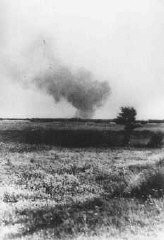
Kalisz had a vibrant Jewish community between WWI and WWII. Learn about its youth movements, schools, cultural life, sports, and religious life.
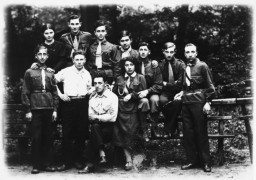
Based on their ideas about race, the Nazis mass murdered people with disabilities; people perceived as threats in occupied Poland; and Jewish people. Learn more.
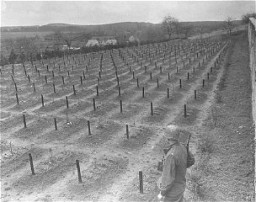
Prosecutors before the IMT based the case against 22 leading Nazi officials primarily on thousands of documents written by the Germans themselves. Learn more.

January 27, anniversary of the liberation of Auschwitz, is designated by the United Nations General Assembly as International Holocaust Remembrance Day (IHRD).
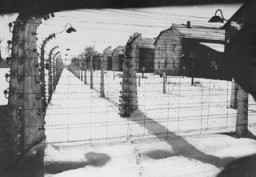
November 3, 1943. On this date, SS and police units implemented "Operation Harvest Festival" (also known as Aktion Erntefest).

As Allied forces approached Nazi camps in the last months of WWII, the SS organized brutal “death marches” (forced evacuations) of concentration camp inmates.
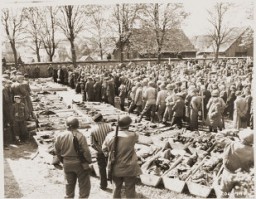
Władysław Bartoszewski (1922–2015) was a co-founder and member of the Council for Aid to Jews, codenamed “Żegota.” Żegota was a clandestine rescue organization of Poles and Jews in German-occupied Poland. Supported by the Polish government-in-exile, Żegota coordinated efforts to save Jews from Nazi persecution and murder. It operated from 1942 to 1945. After World War II broke out in 1939, Władysław worked as a janitor at a Polish Red Cross clinic. In the fall of 1940, Władysław was caught…
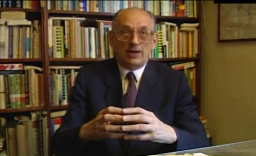
After WWII and the fall of the Nazi regime, Holocaust survivors faced the daunting task of rebuilding their lives. Listen to Regina Gelb's story.

Felix was born to an assimilated Jewish family in Lublin, Poland. His father was a locksmith and his mother was a singer. Following the German invasion of Poland on September 1, 1939, Felix fled east to Rovno and then to Soviet-occupied Lvov, where he was accepted at a medical school. After the German invasion of the Soviet Union in June 1941, Felix was taken to a labor camp. He escaped and returned to Lublin, and found that his family had been forced into the ghetto established there. After the…
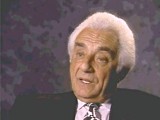
We would like to thank Crown Family Philanthropies, Abe and Ida Cooper Foundation, the Claims Conference, EVZ, and BMF for supporting the ongoing work to create content and resources for the Holocaust Encyclopedia. View the list of donor acknowledgement.